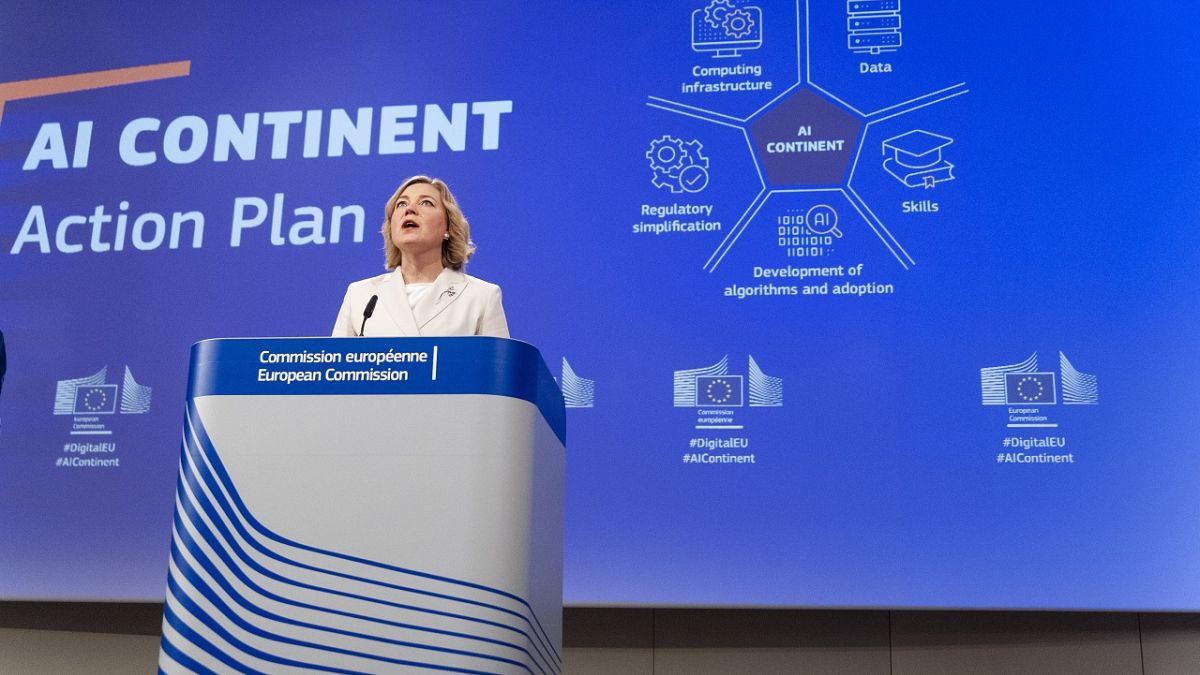

This week, significant strides were made on multiple fronts worldwide, from breakthroughs in international diplomacy to advancements in technology that aim to foster transparency and collaboration. Join us as we delve into these developments that promise to shape the future landscape.
In a pivotal move towards enhancing corporate responsibility and innovation, the European Commission’s AI Office organized a workshop to discuss the finalization of the code of practice for AI. This gathering aims to underscore the benefits and responsibilities associated with signing this AI Code. The initiative is part of a broader European effort to ensure that AI is developed ethically and transparently, thereby promoting trust and innovation in this burgeoning sector. Such a step is expected to position the EU as a leader in AI policy-making and implementation.
Simultaneously, efforts to improve transparency within European institutions were highlighted by the European Ombudswoman, Teresa Anjinho. She has called for enhanced transparency amid a rising tide of complaints, particularly directed at the European Commission. This call to action underscores the growing demand for accountability and openness, which are crucial for fostering public trust and effective governance. The Ombudswoman’s advocacy reflects a broader societal shift towards transparency in government operations, ensuring decisions made at the highest levels resonate with the needs and expectations of citizens.
Turning to the international stage, a heartwarming development unfolded as Ukraine and Russia successfully conducted a prisoner exchange, including soldiers from the Chernobyl and Mariupol regions. These individuals, having endured challenging conditions, were warmly received back home, with plans for medical and psychological care in place. This exchange not only highlights humanitarian progress but also revives hopes for continued dialogue between the two nations, potentially paving the way for further peace negotiations in a region longing for stability.
On the economic front, China and the United States confirmed details of a new trade framework, a significant milestone that includes the export of rare earths. This agreement, carefully crafted between the two economic powerhouses, holds the promise of strengthening economic ties and ensuring the flow of essential materials critical for technological industries worldwide. By fostering collaboration, the agreement aims to reduce friction and create a steady platform for future economic interactions.
In a notable display of diplomatic engagement, Rwanda and the Democratic Republic of the Congo are poised to sign a peace agreement in Washington. While the specifics of the accord have yet to be unveiled, this diplomatic milestone has been widely acknowledged as a significant achievement spearheaded by former U.S. President Donald Trump. Recognized for facilitating dialogue between the two nations, Trump has expressed his aspirations for recognition of his efforts, bringing attention to the intricacies of peace brokerage that involves multiple stakeholders and complexities.
Moreover, Trump’s influence reached beyond Africa to the Middle East, where his intervention in the Iran-Israel conflict played a role in brokering a fragile ceasefire. Pakistan’s recognition of his pragmatic diplomacy and leadership led to a Nobel Peace Prize nomination, reflecting the complex interplay of geopolitical dynamics in regions marked by longstanding tensions. While debates continue about the awarding of such accolades, the focus remains on the significant impact such interventions have on regional and global peace.
As the world navigates these critical developments, there remains a shared vision for a future that embraces technological innovation, transparency, and diplomatic engagement. The week’s events encapsulate the continued pursuit of progress, reminding us of the interconnectedness of global actions and their profound potential to shape a peaceful and innovative future.
Source: {link}
